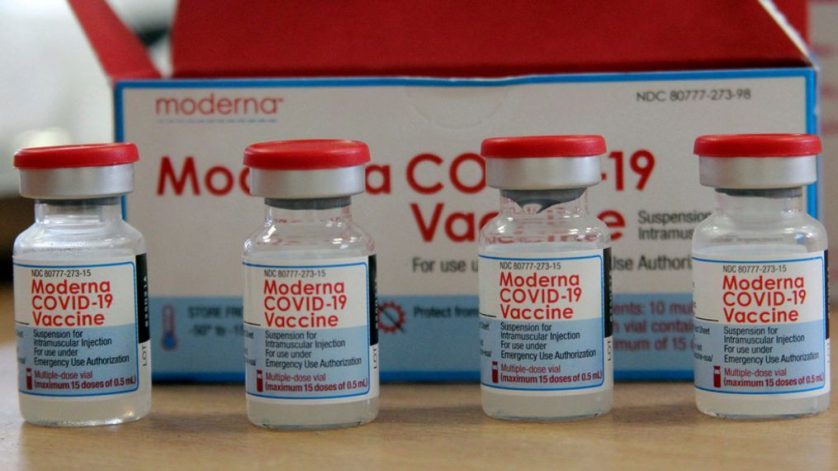Decitabine is a medication used to treat certain types of blood cancers, including myelodysplastic syndrome (MDS) and acute myeloid leukemia (AML). Here is some information about decitabine:
Dosage:
The recommended dosage of decitabine is based on the patient’s body surface area, which is calculated using height and weight. The usual starting dose is 20 mg/m² given as an intravenous infusion over one hour once daily for five consecutive days, every four weeks.
Injection:
Decitabine is administered as an intravenous (IV) infusion by a healthcare professional in a hospital or clinic setting. The drug is usually given for five consecutive days, every four weeks. The infusion may take up to one hour to complete.
Side effects:
Common side effects of decitabine include nausea, vomiting, diarrhea, constipation, loss of appetite, fatigue, fever, chills, and injection site reactions. Other less common side effects may include low white blood cell counts, low platelet counts, and anemia.
More serious side effects of decitabine can include severe allergic reactions, liver damage, and bone marrow suppression, which can increase the risk of infection or bleeding.
It is important to inform your healthcare provider of any symptoms or side effects you experience while taking decitabine.
Overall, the use of decitabine should be closely monitored by a healthcare professional due to the potential for serious side effects.

